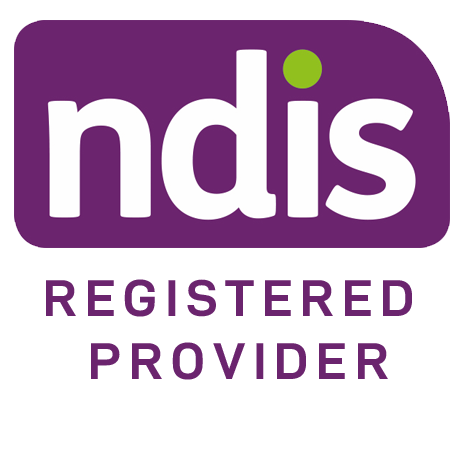Understanding the National Disability Insurance Scheme (NDIS)
The National Disability Insurance Scheme (NDIS) represents a significant advancement in Australia’s approach to supporting individuals with disabilities. Since its launch in 2013, the NDIS has fundamentally changed how disability services are funded and provided nationwide. Unlike traditional welfare-based models, the NDIS adopts a participant-centred approach, empowering individuals with disabilities to have greater control over their support and services, ultimately enabling them to lead more meaningful lives.
What is the NDIS?
The NDIS is designed for individuals under the age of 65 who have a permanent and significant disability. Its primary goal is to promote independence, enhance the quality of life, and encourage community participation. Through personalised plans, the NDIS facilitates access to essential services, therapies, and tailored support that align with participants’ specific needs and aspirations.
Fundamental Principles of the NDIS
Individualised Plans: Central to the NDIS is its focus on individualisation. Each participant collaborates with a planner to create a personal plan tailored to their needs. This plan includes details of the support they will receive, covering areas such as assistance with daily living, therapies, home modifications, and employment services. Plans are periodically reviewed to adapt to participants’ evolving needs.
Choice and Control: A vital aspect of the NDIS is allowing participants to select the services and providers that best meet their requirements. This flexibility empowers individuals to actively manage their care and choose registered NDIS providers that align with their personal goals.
Long-Term Funding: Unlike traditional funding models that may restrict financial resources, the NDIS offers sustainable, long-term funding focused on enhancing individual capacity over time. This investment promotes better day-to-day living while also facilitating opportunities for education, employment, and social engagement.
Community and Economic Participation: The NDIS seeks to enhance societal and workforce participation for individuals with disabilities. This aim is supported through services that facilitate skill development, education, and job training, fostering independence and supporting meaningful engagement in the community.
Coverage of the NDIS
NDIS funding encompasses a wide range of support categories, including:
Daily Personal Activities: Assistance with essential tasks such as bathing, dressing, and meal preparation.
Transport: Funding for transport services to facilitate access to work, school, or other activities.
Therapeutic Supports: Services like physiotherapy, speech therapy, and occupational therapy aimed at improving functional abilities.
Home Modifications: Financial support for adaptations to ensure homes are accessible and safe.
Assistive Technology: Funding for mobility aids, communication devices, and other supportive equipment.
Employment Services: Assistance in preparing for and maintaining employment, including job training and placement.
Eligibility and Participation
To benefit from the NDIS, individuals must meet specific eligibility requirements:
Age: Must be under 65 years old at the time of application.
Residency: Must be an Australian citizen, permanent resident, or protected Special Category Visa holder.
Disability: Must have a permanent and significant disability that greatly affects daily activities.
Once eligibility is confirmed, participants work with the NDIS to develop their personalised support plan, which is then utilised to access services through registered NDIS providers.
Selecting a Registered NDIS Provider
Choosing the right provider is pivotal for maximising the benefits of your NDIS plan. Registered NDIS providers adhere to strict quality and safety standards, offering services aligned with NDIS funding categories. Here are some tips for selecting the appropriate provider:
Check for Provider Registration: Verify that the provider is officially registered with the NDIS to ensure they comply with quality standards.
Understand Available Services: Identify providers that offer services most relevant to your needs, whether in personal care, therapy, or home modifications.
Inquire About Flexibility: A good provider should offer adaptable service delivery to accommodate changing needs.
Review Experience: Look for providers with experience in specific areas that cater to your unique requirements.
By understanding the NDIS and its principles, individuals, families, and carers can navigate the system more effectively and make informed choices that enhance the quality of life for people with disabilities.



